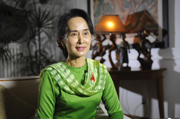
UNAIDS Global Advocate for Zero Discrimination
Her Royal Highness Crown Princess Mette Marit Norway UNAIDS Goodwill Ambassador GWA advocacy
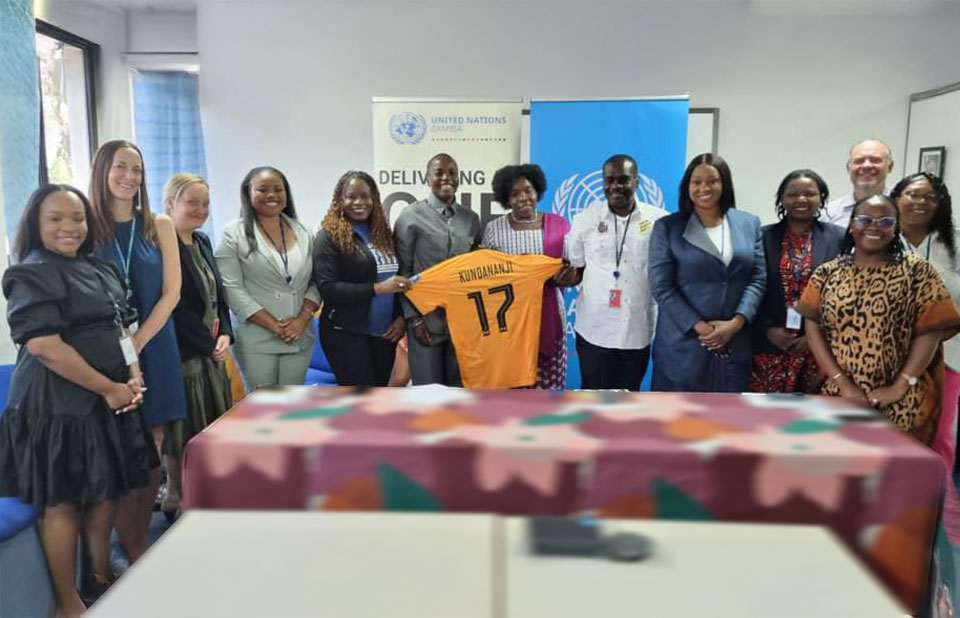
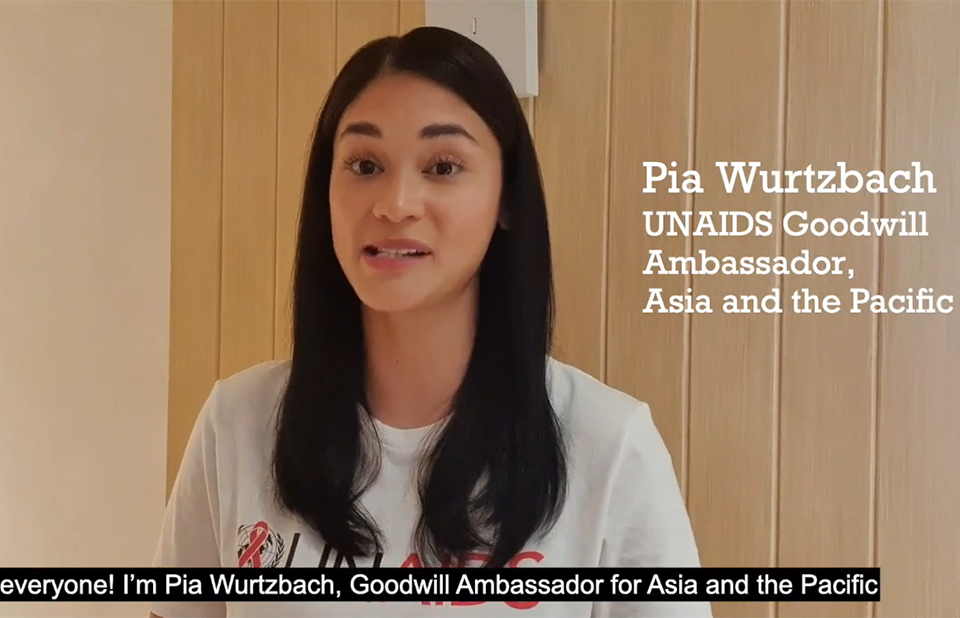
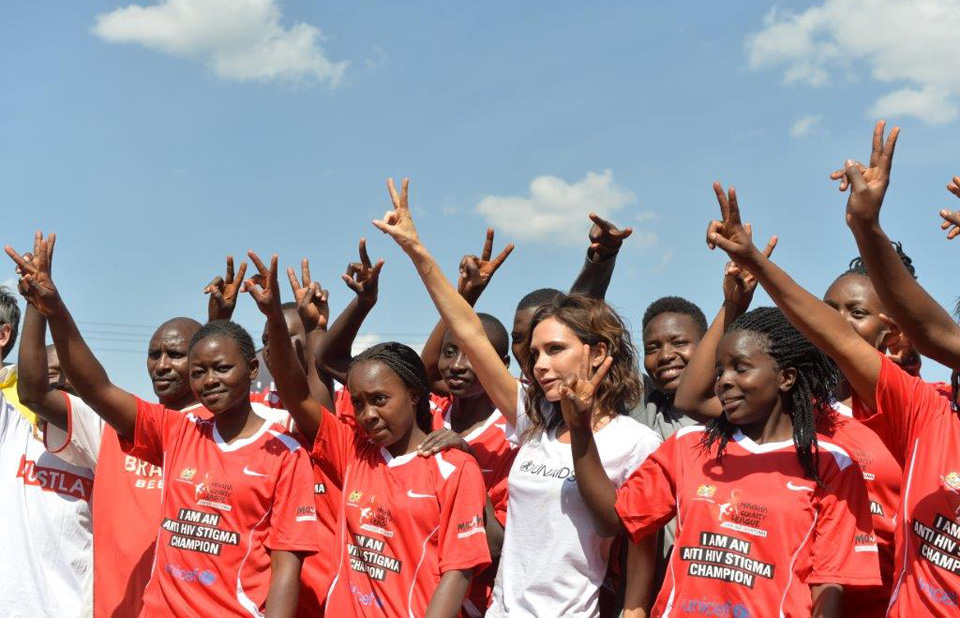
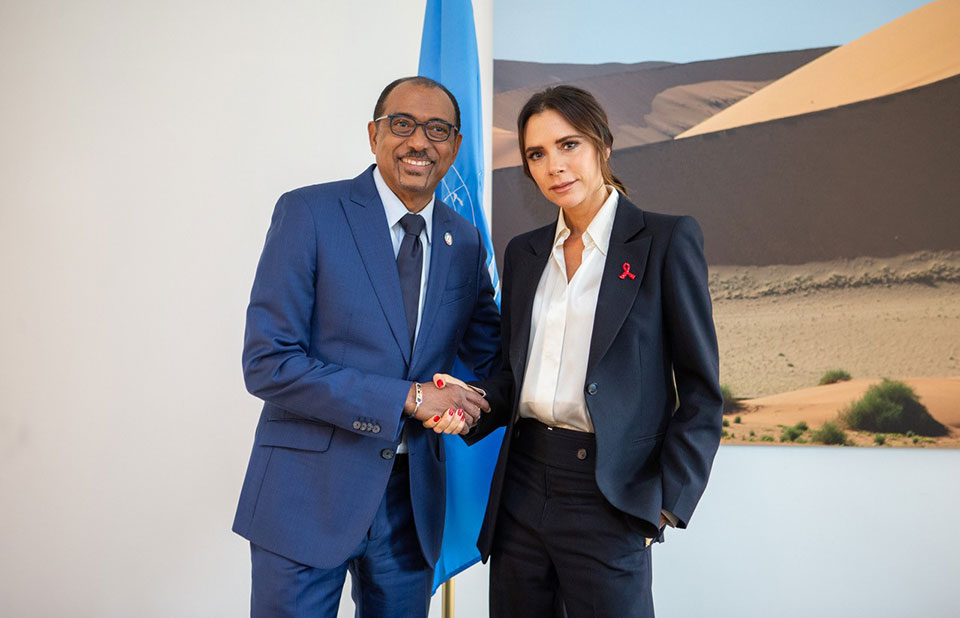
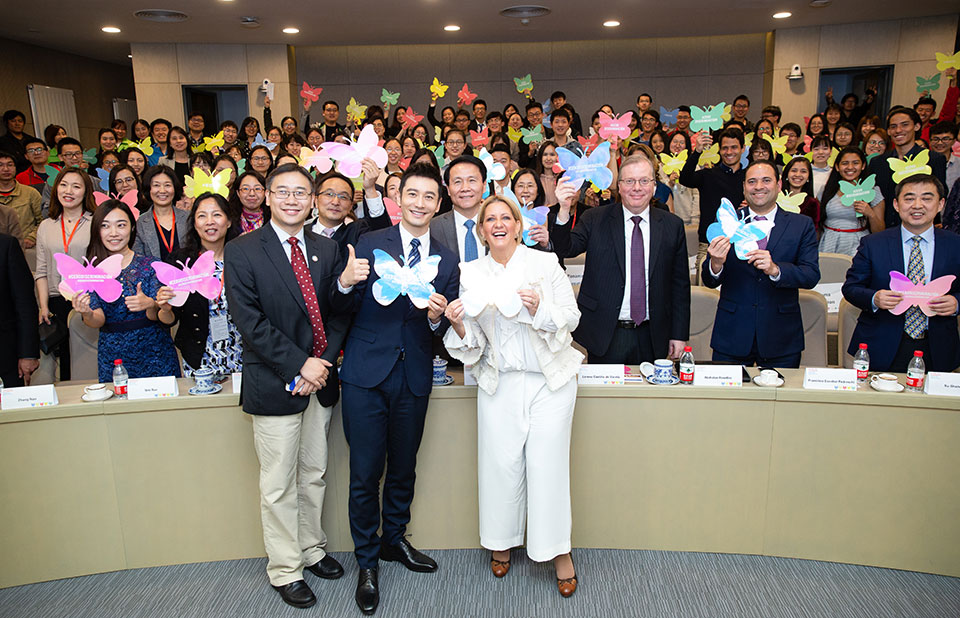
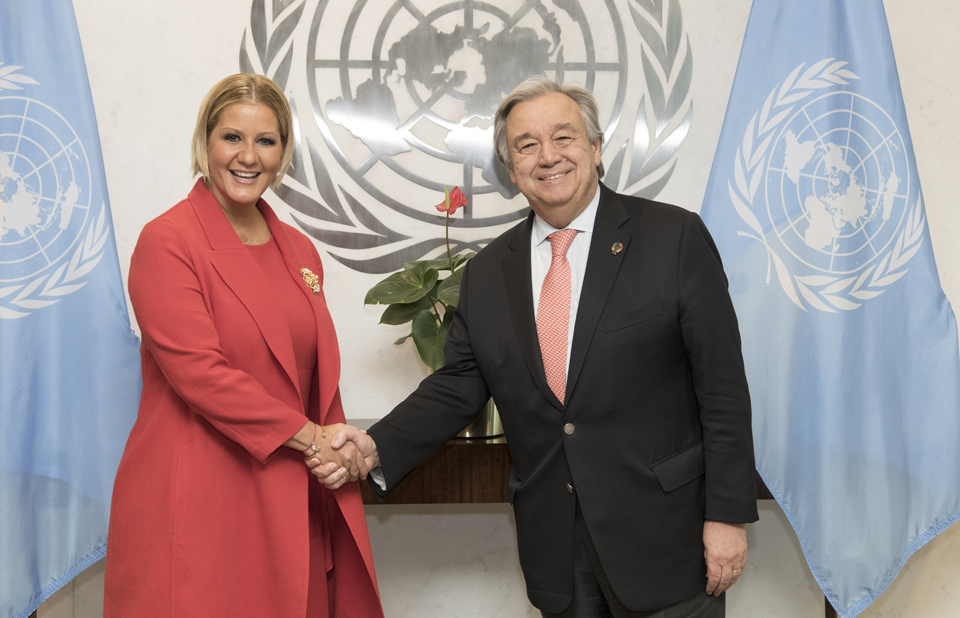
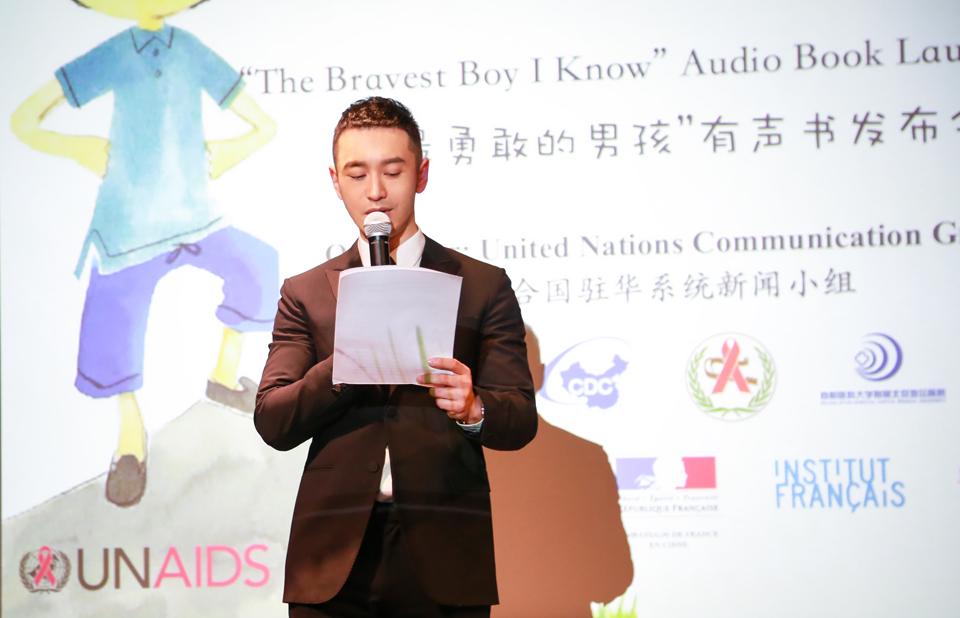
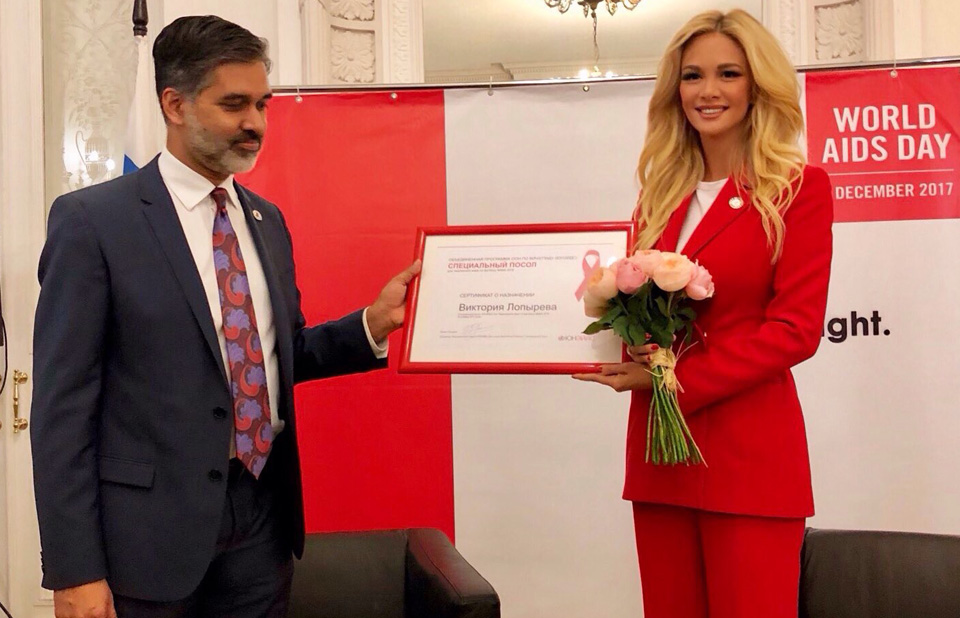

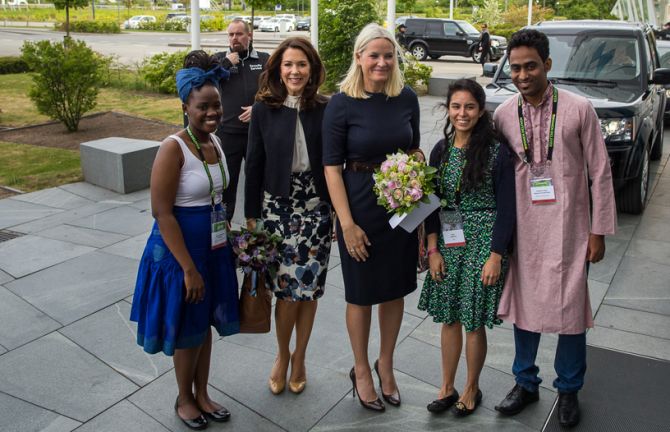
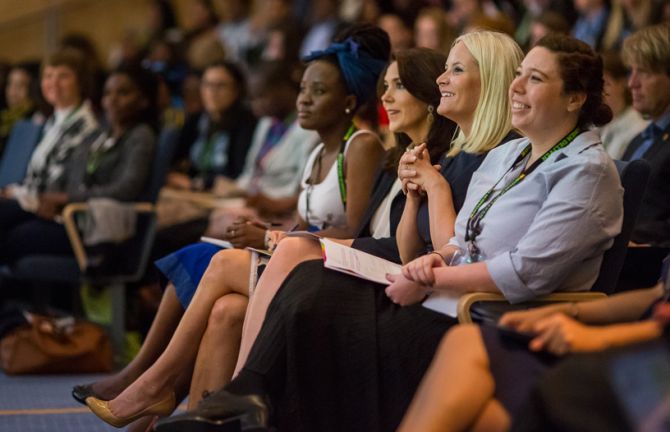
16 May 2016
16 May 2016 16 May 2016At the Women Deliver youth pre-conference, taking place on 15 and 16 May in Copenhagen, Denmark, UNAIDS International Goodwill Ambassador Her Royal Highness Crown Princess Mette-Marit of Norway underlined the central role to be played by young women and adolescent girls in ending the AIDS epidemic by 2030.
Her Royal Highness stressed the need for young women and adolescent girls to take leadership roles in the AIDS response so that programmes and services could be developed to meet their specific needs and to ensure that their sexual and reproductive health and rights were respected.
Young women and girls remain disproportionately affected by HIV. In 2014, there were around 220 000 new HIV infections worldwide among adolescents aged 10 to 19, with adolescent girls accounting for 62% of new infections among this age group. In sub-Saharan Africa, adolescent girls aged 10 to 19 made up 72% of total new infections among this age group.
The Women Deliver youth pre-conference is a crucial opportunity for young activists in the HIV response to make their voices heard in the lead-up to the United Nations General Assembly High-Level Meeting on Ending AIDS, which will take place in New York, United States of America, from 8 to 10 June. It is also a chance for hundreds of young activist to take stock of programmes such as the All In initiative to #EndadolescentAIDS and to outline ways forward to ensure a greater youth participation in development.
The Crown Princess has been involved in the AIDS response since 2003 and is a powerful advocate for youth engagement and the empowerment of women. The Crown Princess recently visited the United Republic of Tanzania to assess progress made in eliminating mother-to-child transmission of HIV and to see how young people were engaging in the AIDS response.
“I truly believe engaged youth is key. Key to managing and resolving the challenges we face in relation to HIV. But moreover, the voice of youth is key to understanding and resolving most of the challenges we are facing in the world today. Your tenacity, your knowledge and your world view is needed, and deserve to be heard loudly in the corridors of power.”
“Ensuring that women and girls are empowered to protect themselves from HIV, to make decisions about their own health and to live free of violence, including violence related to their HIV status, will be crucial to ending the AIDS epidemic by 2030.”

GENEVA/DAR ES SALAAM, 12 April 2016—UNAIDS International Goodwill Ambassador Her Royal Highness Crown Princess Mette-Marit of Norway has completed a mission to the United Republic of Tanzania to assess progress made in eliminating mother-to-child transmission of HIV and to see how young people are engaging in the country’s AIDS response.
During her visit, Her Royal Highness the Crown Princess visited facilities providing services for women and young people living with HIV and also met with mothers living with HIV whose children have been born free from the virus. She went to one of the 26 PASADA (Pastoral Activities and Services for People with AIDS Dar es Salaam Archdiocese) clinics operating in the Dar es Salaam and Pwani regions that provide HIV prevention, treatment and support services for people and communities most in need. The Crown Princess also engaged with youth activists at the Stepping Stones Community of Practice, which offers life-skills training for adolescents and young people, including comprehensive sexuality education and programmes relating to HIV and gender equality.
“It is moving to meet mothers who are in good health and caring for children born free from HIV thanks to antiretroviral medicines,” said Crown Princess Mette-Marit. “It is also particularly rewarding for me to see young people taking up leadership roles in the AIDS response and being equipped with the skills to guide the United Republic of Tanzania towards an AIDS-free generation.”
At the end of 2014, there were around 1.5 million people living with HIV in the United Republic of Tanzania. The number of new HIV infections declined by more than 50% between 2000 and 2014 and the number of new HIV infections among children dropped by around 70% between 2009 and 2014 as access to HIV services increased.
Crown Princess Mette-Marit has been engaged in the AIDS response since 2003 and advocates for the empowerment of women and young people at events and speaking engagements all over the world.
“The Crown Princess is compassionate and committed to improving the lives of young people living with and affected by HIV around the world,” said UNAIDS Executive Director Michel Sidibé. “Her engagement and sincerity are inspiring and we look forward to continuing to work together to achieve our common goal of ending the AIDS epidemic.”
The Crown Princess was accompanied on the visit by the United Republic of Tanzania’s Minister of Health, Community Development, Gender, Seniors and Children, Ummy Mwalimu. Also on the delegation was the Senior Adviser at the Norwegian Ministry of Foreign Affairs, Section for Global Initiatives, Stein Inge Nesvåg, the Norwegian Ambassador to the United Republic of Tanzania, Hanne-Marie Kaarstad, and the Director General of the Norwegian Agency for Development Cooperation, Jon Lomøy.
Her Royal Highness Crown Princess Mette-Marit of Norway is marking 10 years as an International Goodwill Ambassador for UNAIDS.
UNAIDS
The Joint United Nations Programme on HIV/AIDS (UNAIDS) leads and inspires the world to achieve its shared vision of zero new HIV infections, zero discrimination and zero AIDS-related deaths. UNAIDS unites the efforts of 11 UN organizations—UNHCR, UNICEF, WFP, UNDP, UNFPA, UNODC, UN Women, ILO, UNESCO, WHO and the World Bank—and works closely with global and national partners towards ending the AIDS epidemic by 2030 as part of the Sustainable Development Goals. Learn more at unaids.org and connect with us on Facebook, Twitter, Instagram and YouTube.
Download the printable version (PDF)
First Lady of South Africa Tobeka Madiba Zuma
UNAIDS Special Advocate for the Health of Women, Youth and Children